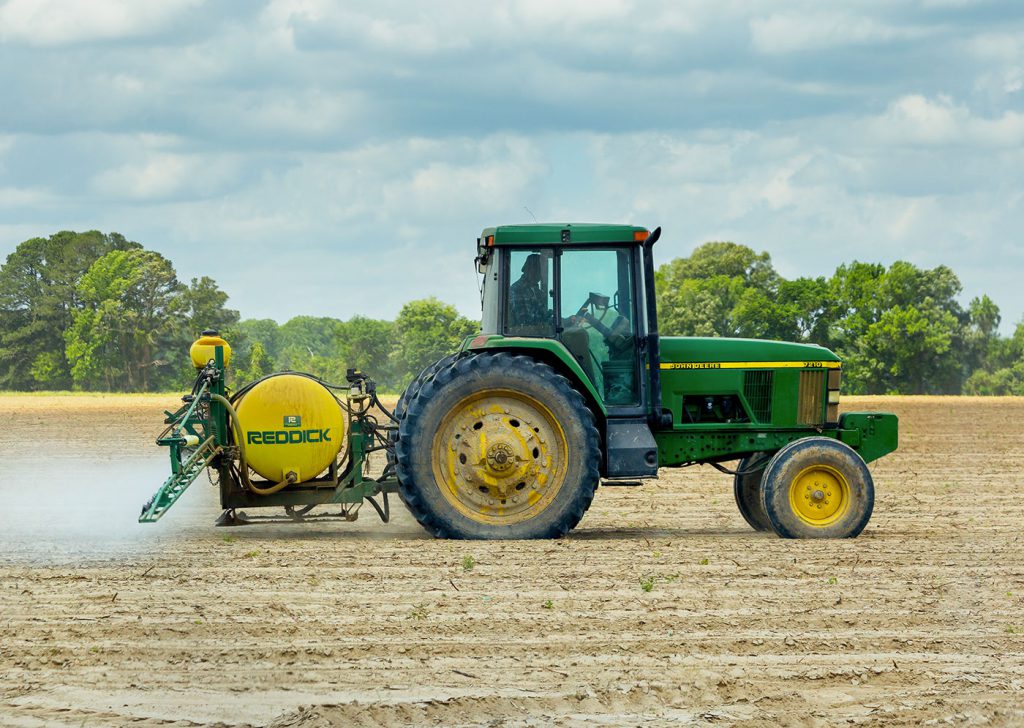Healthiest Vegetables on Earth
here are several factors to consider when it comes to the lifespan of your vehicle’s oil.
Your Brakes and Why Preventative Maintenance Helps
The brakes on your vehicle work hard every time you drive. When you slow down in traffic, stop at a red light, or must maneuver a quick hard stop because of an obstruction in the road your brakes are at work. Over time the use of your brakes causes normal wear and tear, which can render them ineffective or useless. It’s important to have regular maintenance performed on your braking system to keep it in tip top shape, and provide safe driving conditions for you and your family.
What Makes a Brake
The brake system in your vehicle is comprised of a disc, also called a rotor, a caliper, and the brake pad. From inside the car, it seems like all that happens is a push on the brake pedal, and the vehicle stops. But inside the car, this depressed pedal sends brake fluid through the brake lines as a piston moves in the master cylinder. As pistons in the caliper are initiated, the brake shoe pushes against the rotor, causing friction on the brake drum. Essentially, this pressure caused by your brake pad on the drum will slow the roll of your vehicle, and eventually cause it to stop.
In this way, you can see that your brakes are powered by much more than a simple pedal on the floor of your vehicle. It takes many working factors to make your car stop safely and timely on the road. Which is why it’s super important to keep every part in working order through continued preventative maintenance.
Why Choose a Mechanic?
Brake pad replacement is one of the minor jobs that many DIY car owners decide to try themselves. While it’s certainly one of the easier fixes to master over time, it’s important that you know exactly what you’re doing if you attempt this at home. When it comes to something as important as your brakes, we at Glenn’s Auto Repair, always recommend a certified mechanic over a DIY job. You may save yourself a few bucks, but if the pad isn’t fitted properly, or damage occurs to the caliper or other brake components during the fix, your vehicle may be rendered unsafe on the roads.
If your brakes are squeaking, sticking, or seem to take much more pressure than usual to engage, it’s time to see a mechanic.






